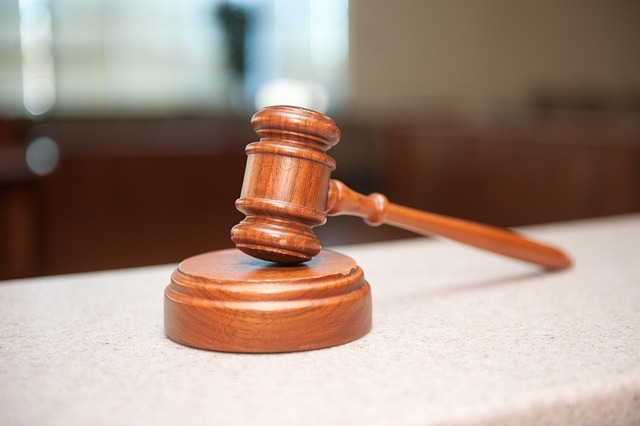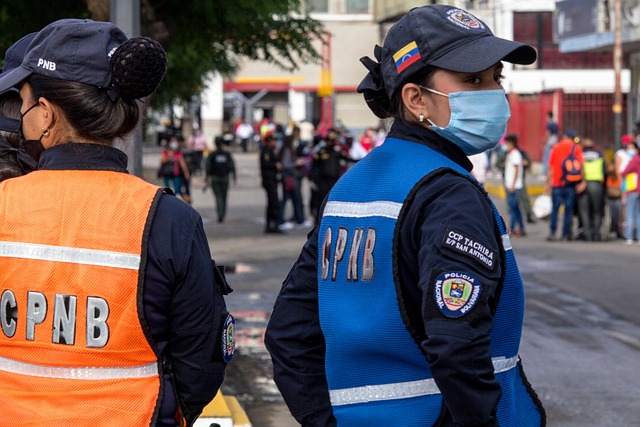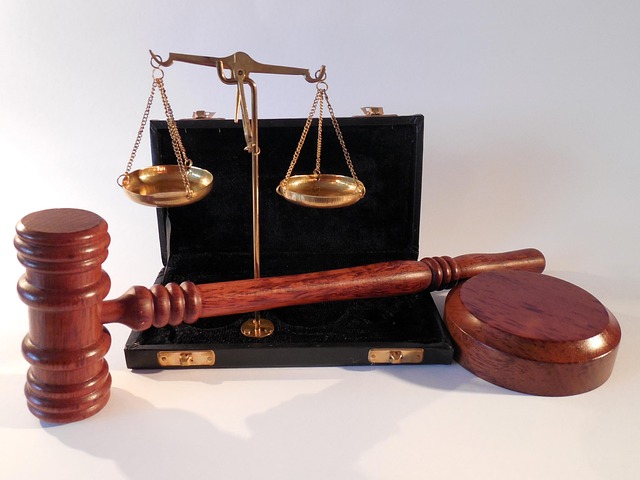Corporate crime, characterized by financial manipulation and trust breaches, demands a complex balance between justice and fairness in prosecution. Global legal frameworks, like the UNCAC, dictate standards emphasizing due process, transparency, and fair trials while combating misconduct. Investigators navigate ethical challenges, using advanced techniques to uncover crimes without compromising privacy or rights. Balancing justice and fairness is crucial, especially in high-profile cases, to protect stakeholders, communities, and public trust, ensuring the law serves all affected parties impartially.
Corporate Crime Investigations delve into the intricate world of white-collar crimes, where legal battles are as complex as the financial landscapes they navigate. This article explores critical aspects, from defining corporate crime and its far-reaching impact to dissecting international legal frameworks guiding investigations. We uncover advanced evidence collection techniques while delving into ethical dilemmas, highlighting the delicate balance between justice and fairness in prosecutorial ethics. Through real-world case studies, we examine successes and challenges, offering insights into navigating this dynamic field.
- Understanding Corporate Crime: Definitions and Impact
- Legal Frameworks: National and International Laws
- Investigation Techniques: Evidence Collection Methods
- Ethical Dilemmas: Balancing Justice and Fairness
- Case Studies: Successes and Challenges in Prosecution
Understanding Corporate Crime: Definitions and Impact
Corporate crime, a growing concern in today’s business landscape, refers to illegal activities committed by organizations or their representatives. These offenses often involve financial manipulation, fraud, and breach of trust, with significant economic and social repercussions. Understanding corporate crime requires recognizing its diverse forms, from accounting fraud to corruption, which can have far-reaching effects on shareholders, employees, and the broader community.
The challenge in investigating and prosecuting these crimes lies in balancing justice and fairness. High-stakes cases, particularly involving white-collar defense, demand meticulous scrutiny of complex financial networks and intricate legal strategies. Prosecutorial ethics play a crucial role in ensuring that justice is served without compromising fairness. This delicate balance is essential to maintaining public trust, as the impact of corporate crime can be profound, affecting not just individuals but also the integrity of entire industries and the economy at large.
Legal Frameworks: National and International Laws
The legal frameworks governing corporate crime investigations are a complex interplay of national and international laws, designed to balance justice and fairness in prosecutorial ethics. These regulations vary significantly across the country, reflecting diverse cultural perspectives on accountability and punishment. At the international level, conventions like the United Nations Convention against Corruption (UNCAC) establish global standards for combating white-collar and economic crimes, harmonizing enforcement efforts across borders.
Within these legal frameworks, the investigative and enforcement process is meticulously structured to ensure due process rights for all parties involved. This includes protections against arbitrary detention, fair trial guarantees, and transparency in all stages of the process. The emphasis on balancing justice and fairness underscores a commitment to upholding the rule of law, ensuring that penalties are proportionate and that the rights of both victims and accused are respected—a crucial aspect in effectively combating corporate crime while maintaining public trust.
Investigation Techniques: Evidence Collection Methods
Effective corporate crime investigations require a delicate balance between gathering compelling evidence and upholding justice and fairness in prosecutorial ethics. Investigators must employ meticulous evidence collection methods, ensuring they are both thorough and respectful of legal rights and privacy concerns. This involves utilizing a range of techniques tailored to uncover digital footprints, financial transactions, and documentation that expose corporate misconduct while minimizing intrusion on corporate and individual clients’ privacy interests.
A robust evidence collection strategy in white-collar defense cases often incorporates forensic analysis of electronic devices, tracing financial trails through bank records and accounting ledgers, and securing documents related to internal policies, communications, and decision-making processes. The challenge lies in navigating complex legal landscapes, understanding the nuances of general criminal defense strategies employed by corporate and individual clients, and adhering strictly to ethical guidelines throughout the investigation process.
Ethical Dilemmas: Balancing Justice and Fairness
In the complex landscape of corporate crime investigations, one of the most significant challenges investigators and prosecutors face is balancing justice and fairness. This delicate equilibrium is crucial when dealing with cases involving both corporate and individual clients. The goal is to ensure that justice is served while also upholding fundamental principles of fairness, which are essential for maintaining public trust in the legal system. Investigating white-collar crimes can be particularly intricate due to their often subtle nature and the sophisticated strategies employed by perpetrators.
A key consideration in this context is the impact on all affected parties, including philanthropic and political communities. Prosecutors must navigate the complexities of these cases with care to prevent any potential biases or conflicts of interest. The ethical dilemma lies in ensuring that justice is not only pursued for the sake of punishment but also to protect the rights and interests of everyone involved. This requires a nuanced approach, particularly when dealing with high-profile cases where public perception can significantly influence the outcome, demanding a balanced and impartial application of the law.
Case Studies: Successes and Challenges in Prosecution
Case studies offer a glimpse into the complex world of corporate crime investigations, highlighting both successes and challenges in prosecution. When navigating the intricate web of financial fraud or insider trading, investigators must balance justice with fairness, especially when dealing with corporate and individual clients. The ethical dilemma deepens when considering the impact on stakeholders, employees, and the broader community.
A notable success story involves a company accused of environmental violations, where thorough investigation revealed criminal activity spanning years. This led to a groundbreaking trial, resulting in a guilty verdict and unprecedented penalties. However, challenges emerge during jury trials, as complex corporate schemes can confuse jurors, demanding creative strategies to ensure justice is not only served but also understood. An effective approach often involves presenting clear, compelling evidence and employing analogies to make intricate concepts accessible, thereby fostering an honest and transparent process.
Corporate crime investigations require a multifaceted approach that navigates complex legal landscapes, ethical dilemmas, and diverse case dynamics. As demonstrated through various case studies, achieving justice while ensuring fairness remains a critical challenge. Striking this delicate balance involves meticulous evidence collection, adherence to robust legal frameworks, and thoughtful consideration of the impact on all stakeholders. By integrating these principles, investigators can enhance the chances of successful prosecutions, fostering accountability and promoting a more just corporate environment.






